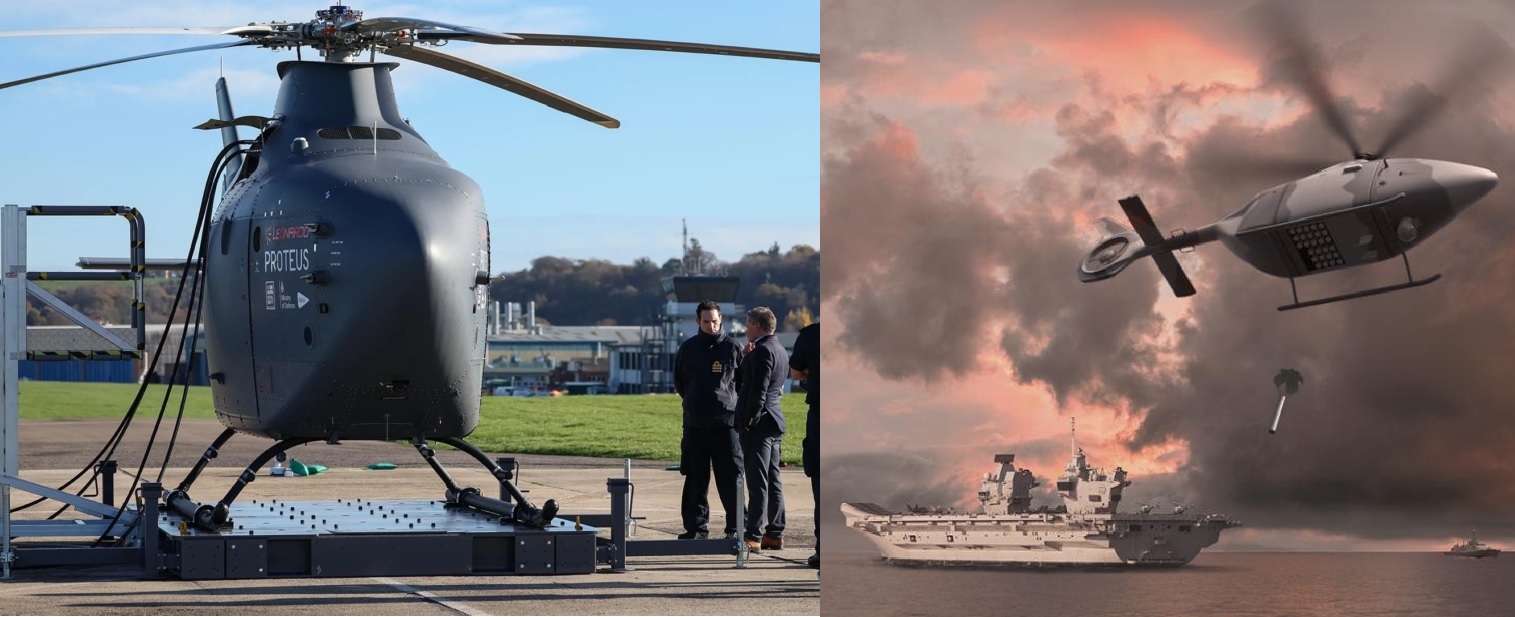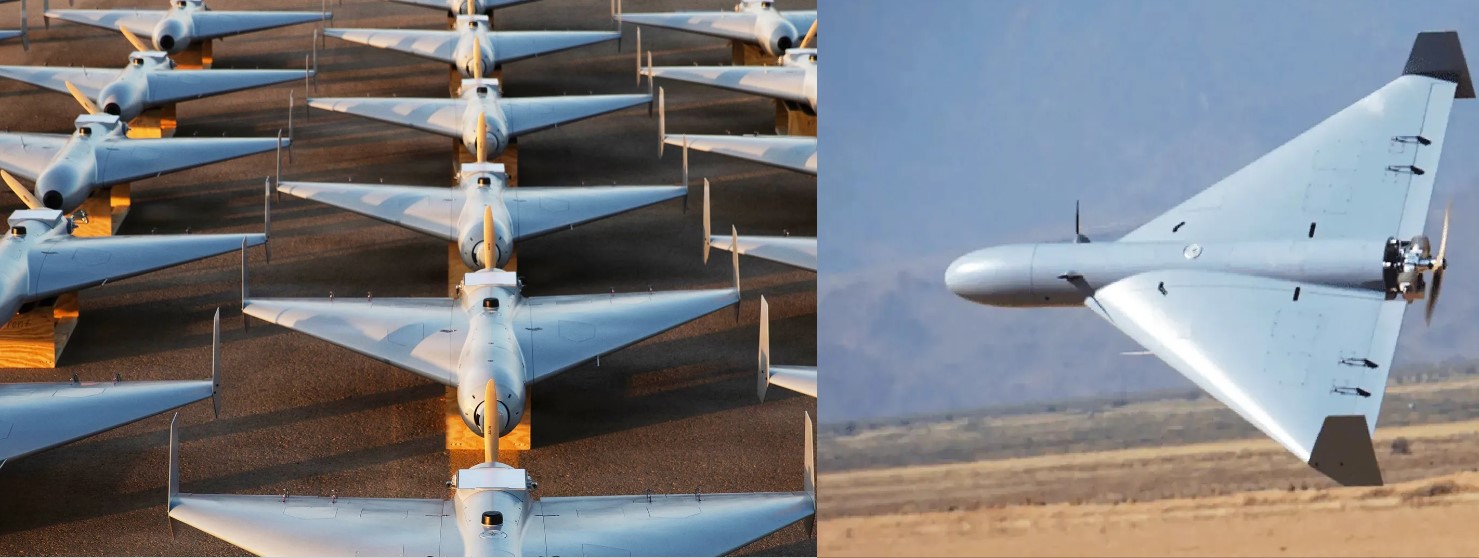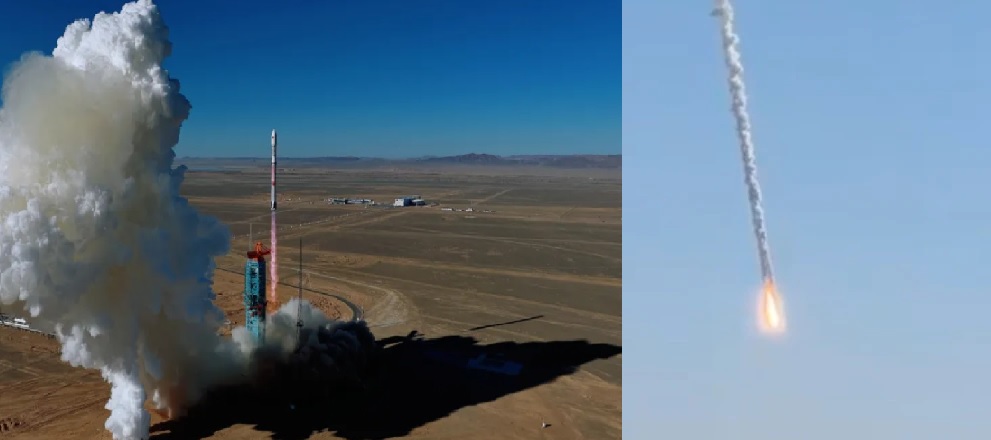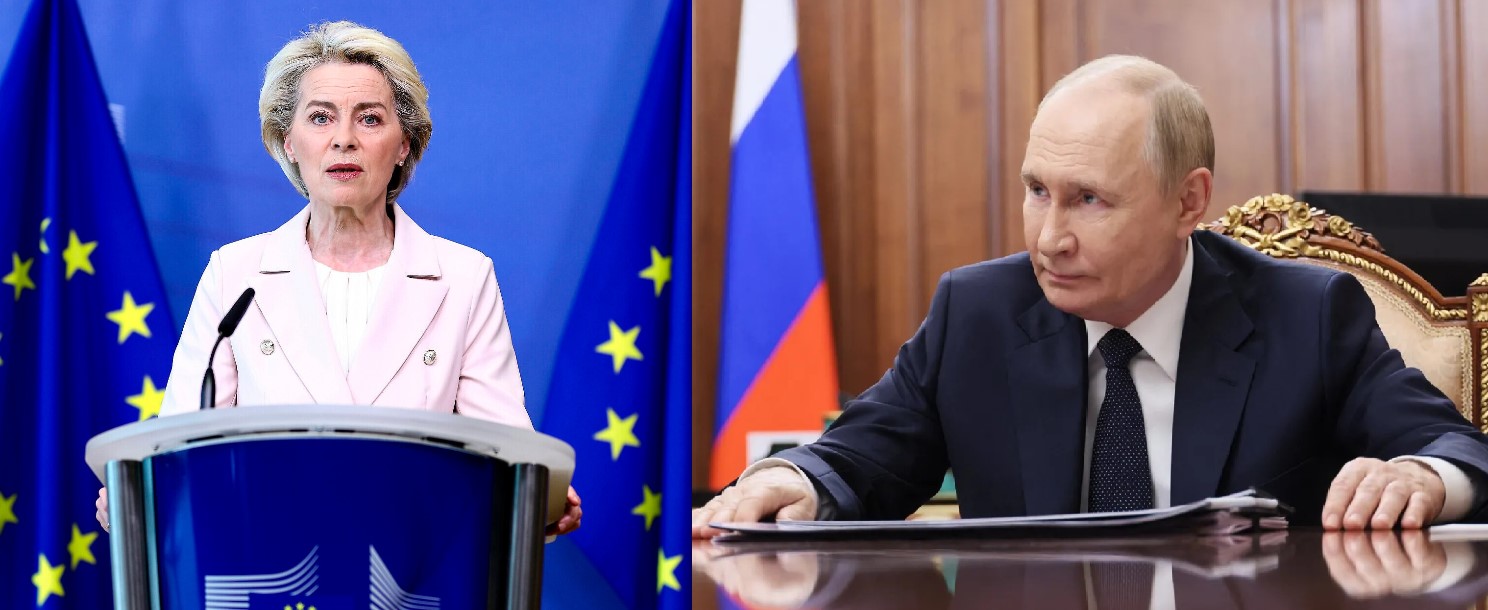Rheinmetall Wins €444 Million Ammunition Deal for Eastern Europe Through U.S. Contract

German defence company Rheinmetall has secured a €444 million contract to supply artillery ammunition to an Eastern European customer, underlining the region’s growing demand for large-calibre munitions amid heightened security concerns. The deal comes as part of a U.S. government contract awarded to Global Military Products, with Rheinmetall acting as a subcontractor.
Details of the Contract
The contract, executed through Rheinmetall Expal Munitions, covers the supply of 155 mm M107 projectiles with M4A2 propellant charges and 105 mm M1 projectiles. Deliveries are scheduled to begin in 2026 and completed by June 2027.
Of the total value, €170 million has already been booked as a pre-order, while a further €274 million has been confirmed as new orders. Rheinmetall highlighted that the deal reinforces its position as a leading global manufacturer of large-calibre ammunition.
Expansion of Production Capacity
Since 2022, Rheinmetall has been rapidly expanding its production facilities across Europe. The company aims to produce up to 1.5 million 155 mm artillery shells per year by 2027, a dramatic increase compared to its pre-2022 output. This expansion aligns with NATO’s push to strengthen supply chains, as the Russia-Ukraine conflict has exposed vulnerabilities in Western ammunition stockpiles.
Alongside artillery ammunition, Rheinmetall manufactures medium-calibre rounds for armoured personnel carriers and anti-aircraft systems, tank and artillery ammunition, aircraft armaments, and is also investing in high-energy laser applications for next-generation warfare.
Strategic Angle: Why This Matters
The timing and structure of the deal highlight several important dynamics:
-
Eastern Europe’s Security Concerns – With the ongoing war in Ukraine and rising tensions in the region, Eastern European nations are ramping up their stockpiles to ensure long-term deterrence and self-defence. While the customer is not named, analysts suggest countries like Poland, Romania, or the Baltic states could be potential end-users, as they have been heavily investing in artillery systems and NATO-standard ammunition.
-
U.S. as a Coordinator – The U.S. government’s role in contracting Rheinmetall through Global Military Products indicates Washington’s active effort to coordinate defence supplies for allies. This subcontracting also helps streamline delivery timelines while ensuring NATO interoperability.
-
Industrial Pressure and Ammunition Shortage – The war in Ukraine has demonstrated the sheer consumption rates of artillery ammunition, often exceeding production capacity. Ukraine alone is estimated to fire thousands of 155 mm rounds per day. Western militaries, therefore, require long-term contracts like this to rebuild their own reserves while sustaining ongoing support to Kyiv.
From a broader perspective, Rheinmetall’s deal is not just about supplying shells—it reflects the industrialization of warfare in Europe. For decades, European armies operated with limited stockpiles under the assumption of relatively low conflict risk. The Ukraine war has shattered that assumption, forcing NATO to revive Cold War-era production levels.
This contract also indicates that European defence autonomy is still dependent on U.S. leadership. While Rheinmetall is a European giant, the involvement of the U.S. as the primary contracting authority shows that America remains the key enabler in coordinating military supply chains for the region.
Another layer is geoeconomic competition. By expanding its capacity, Rheinmetall is not only catering to NATO demand but also positioning itself as a global supplier for non-European partners in Asia and the Middle East, where artillery demand is rising. This global strategy could increase Europe’s defence industry clout, but it also ties the continent’s security industry closer to global geopolitical fault lines.
Rheinmetall’s €444 million ammunition order for Eastern Europe is more than just another contract—it is a signal of Europe’s shifting defence posture. With large-scale ammunition production ramping up and long-term delivery timelines locked in, the region is preparing for sustained security challenges. For Rheinmetall, the deal cements its reputation as a backbone of NATO’s artillery supply chain, while for Eastern Europe, it represents insurance against uncertainty in an unstable neighbourhood.
✍️ This article is written by the team of The Defense News.






